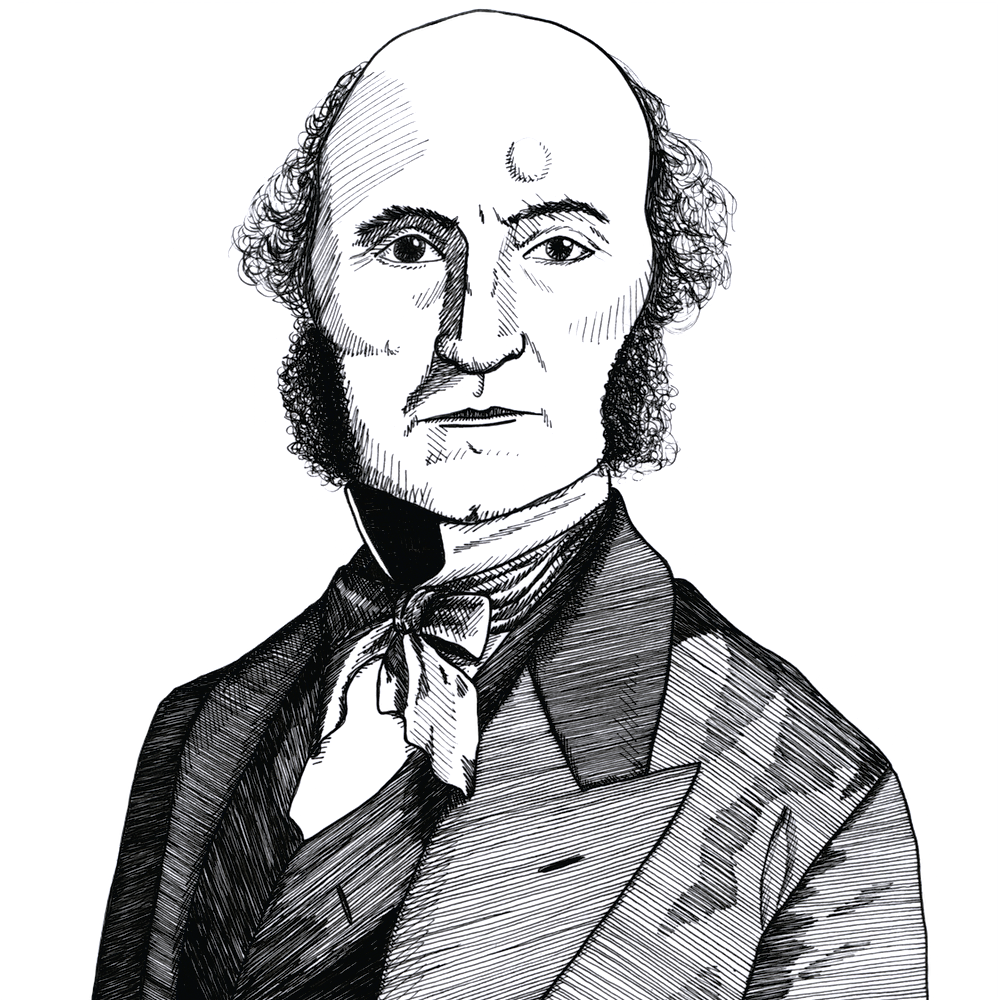
J.S. Mill’s great principle was that “over himself, over his own body and mind, the individual is sovereign” (1859)
Found in: The Collected Works of John Stuart Mill, Volume XVIII - Essays on Politics and Society Part I
In the Introductory section of his great work On Liberty, John Stuart Mill states clearly the limits to state power over the liberty of the individual:
Property Rights
The object of this Essay is to assert one very simple principle, as entitled to govern absolutely the dealings of society with the individual in the way of compulsion and control, whether the means used be physical force in the form of legal penalties, or the moral coercion of public opinion. That principle is, that the sole end for which mankind are warranted, individually or collectively, in interfering with the liberty of action of any of their number, is self-protection. That the only purpose for which power can be rightfully exercised over any member of a civilized community, against his will, is to prevent harm to others. … In the part which merely concerns himself, his independence is, of right, absolute. Over himself, over his own body and mind, the individual is sovereign.